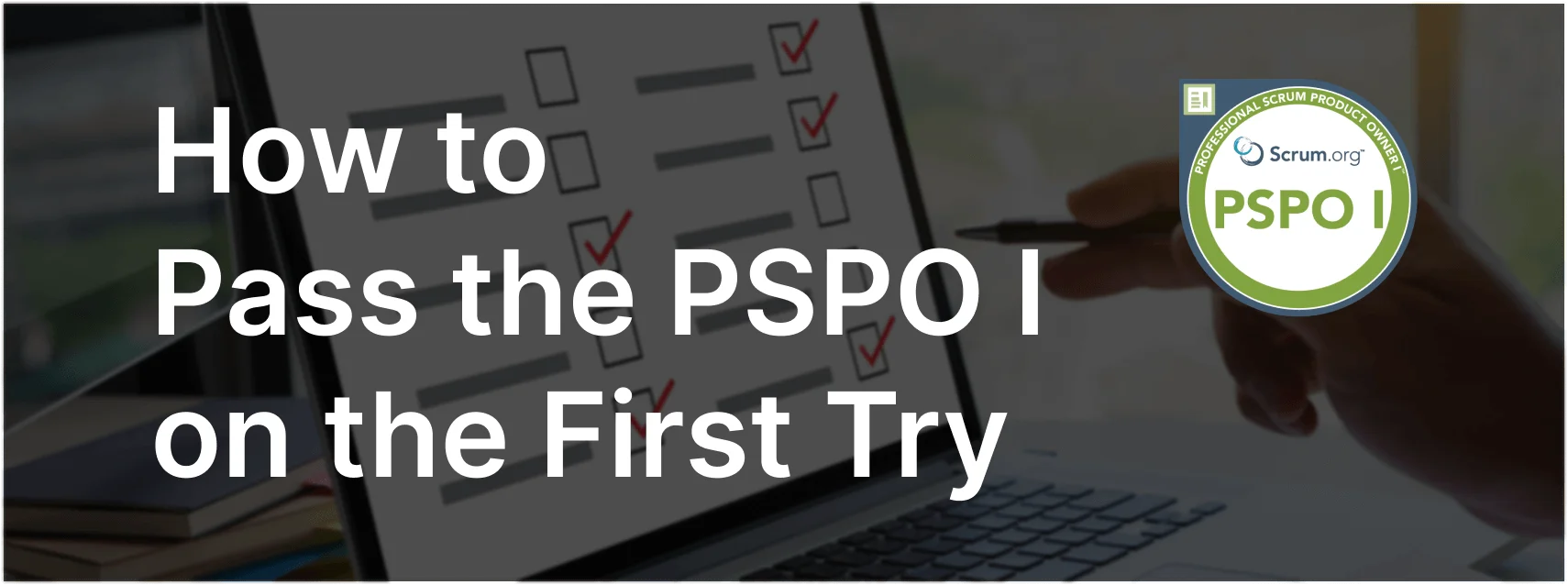Promoting Self-Management in Scrum
Self-management is a core principle in Scrum, empowering teams to take ownership of their work and make decisions autonomously. This article delves into how Scrum promotes self-management and why it is crucial for successful Scrum implementation.
Exam Question
What are three ways Scrum promotes self-management?
(choose the best three answers)
A. By the Scrum Team deciding what work to do in a Sprint.
B. By having the Scrum Master protect the Scrum Team from interruptions.
C. By being a lightweight framework.
D. By removing titles for Scrum Team members.
Correct Answer
A. By the Scrum Team deciding what work to do in a Sprint.
C. By being a lightweight framework.
D. By removing titles for Scrum Team members.
Explanation
Correct Answers
A. By the Scrum Team deciding what work to do in a Sprint:
Scrum promotes self-management by allowing the Scrum Team to decide what work they will undertake during a Sprint. This autonomy enables the team to take ownership of their commitments and fosters accountability.
C. By being a lightweight framework:
Scrum’s lightweight framework provides the necessary structure without being overly prescriptive. This flexibility allows teams to adapt processes and practices that best suit their context, promoting self-management.
D. By removing titles for Scrum Team members:
Scrum emphasizes the collective responsibility of the Scrum Team by defining three specific accountabilities: Product Owner, Scrum Master, and Developers. This encourages team members to collaborate and self-manage their work, while they can still hold titles within the broader organization.
Incorrect Answer
B. By having the Scrum Master protect the Scrum Team from interruptions: While the Scrum Master does help protect the team from interruptions, this role does not directly promote self-management. The Scrum Master’s role is to facilitate and coach the team, not to shield them entirely from external influences.
Responsibilities in Scrum
- Product Owner: The Product Owner maximizes the value delivered by the Scrum Team through effective backlog management. They collaborate with the team to ensure the Product Backlog is clear and ordered.
- Scrum Master: The Scrum Master facilitates Scrum events, removes impediments, and coaches the team in self-management and cross-functionality.
- Developers: The Developers are responsible for turning the Product Backlog items into Increments of value. They self-organize and decide how to accomplish their work within the Sprint.
Relevance to the PSPO I Exam
Understanding how Scrum promotes self-management is crucial for the PSPO I exam. This knowledge helps candidates appreciate the importance of autonomy and collective responsibility in achieving successful Scrum implementation.
Key Takeaways
- Self-management allows Scrum Teams to decide what work to undertake and how to accomplish it.
- Scrum’s lightweight framework provides structure while promoting flexibility and adaptability.
- Defining specific accountabilities within the context of Scrum promotes collaboration and collective responsibility within the Scrum Team, even if members still hold titles within the broader organization.
Conclusion
Promoting self-management is a fundamental aspect of Scrum, enabling teams to take ownership of their work and make autonomous decisions. By understanding and embracing self-management, Scrum Teams can achieve higher levels of collaboration and productivity. For more information on preparing for the PSPO I exam, visit our PSPO I Exam Prep.



